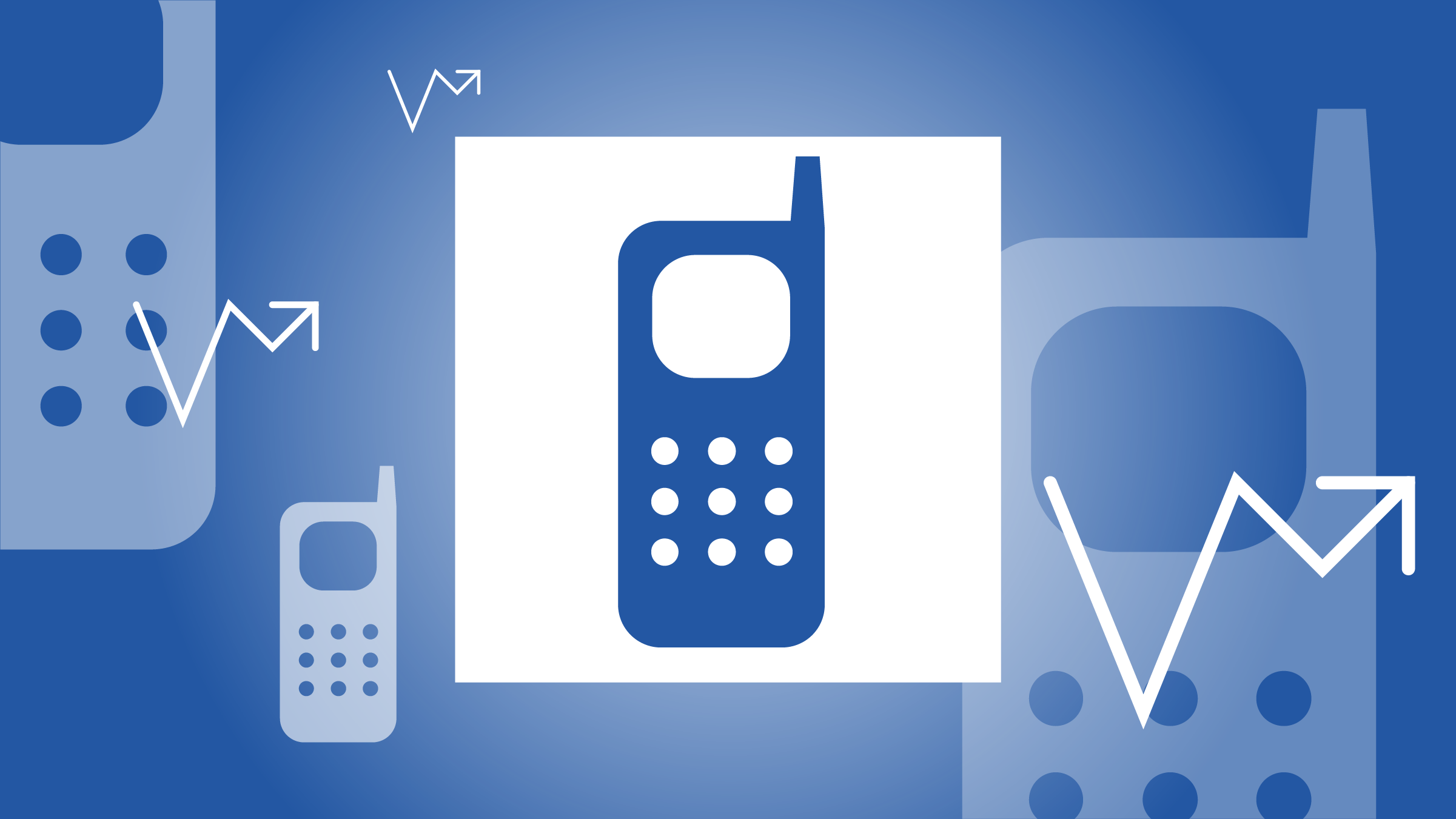Dish Network Earnings: Investors Deserve Greater Transparency Around Wireless Fallback Plans

Dish Network’s DISH third-quarter results provide no indication that its wireless efforts have resonated with consumers, while the rate of decline in the legacy television business continues to accelerate. Against this backdrop, Dish faces nearly $3 billion of debt maturities in 2024. Dish management refuses to acknowledge that it may need to abandon its current strategy—outside of the decision to sell spectrum licenses in Puerto Rico. The market has clearly lost whatever confidence was left in Dish’s ability to execute, with the stock price cratering and yields on its bonds spiking higher. The firm needs partners, but its negotiating position is now incredibly weak, in our view. With Dish losing control of its fate, the odds that shareholders realize value from the firm’s deep spectrum holdings are fading. We are cutting our fair value estimate to $10 from $19 and moving our Uncertainty Rating to Extreme from Very High.
Dish lost 225,000 net wireless customers during the third quarter, its worst showing in over a year. The pace of customer churn has held steady, but the Boost brand simply isn’t attracting interest, as gross additions dropped nearly 30% versus a year ago to the lowest level since Dish took over the business. That result is particularly disappointing given that Dish used the iPhone 15 launch, albeit very late in the quarter, to increase marketing around the Boost Infinite postpaid brand. Wireless profitability took another step in the wrong direction, which management attributed to increased marketing and efforts to attract better customers. Yet, average revenue per wireless customer was down 5% versus a year ago.
Dish burned through $548 million during the quarter, taking the total for the year to $1.4 billion. Television and wireless services revenue both declined 9% year over year. The television business generated about $600 million in cash during the quarter, down 16% versus a year ago, while the wireless operations burned roughly $1.2 billion.
The author or authors do not own shares in any securities mentioned in this article. Find out about Morningstar’s editorial policies.

/s3.amazonaws.com/arc-authors/morningstar/12c6871b-2322-44d8-bd98-0437fa1a0a07.jpg)
/cloudfront-us-east-1.images.arcpublishing.com/morningstar/4JOND5R2SBFPZE63XWPYQDG56A.png)
/cloudfront-us-east-1.images.arcpublishing.com/morningstar/K36BSDXY2RAXNMH6G5XT7YIXMU.png)
/cloudfront-us-east-1.images.arcpublishing.com/morningstar/BG4IFJHA25B6RKD3XNUYKROBBM.jpg)
:quality(80)/s3.amazonaws.com/arc-authors/morningstar/12c6871b-2322-44d8-bd98-0437fa1a0a07.jpg)